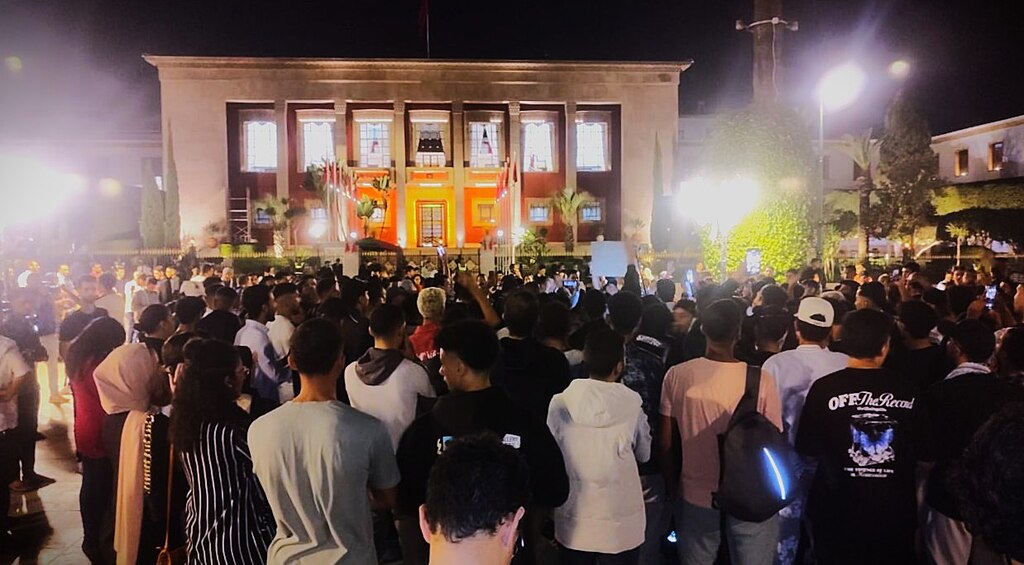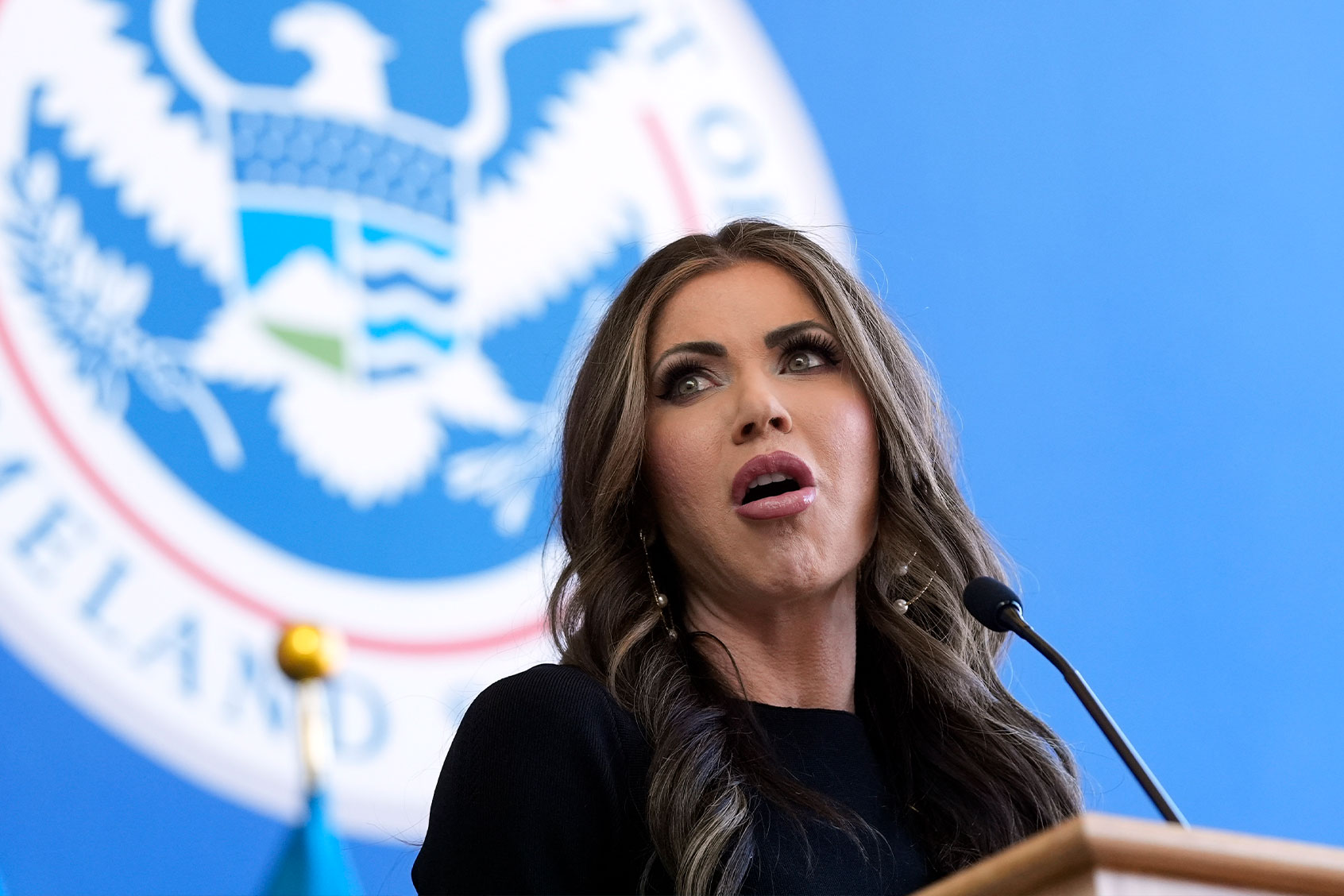
Amnesty International has urged Moroccan authorities to cease the use of excessive force against protesters and to initiate an independent investigation following a violent crackdown that has resulted in at least three fatalities, numerous injuries, and over 400 arrests across the nation since late September. The human rights organization emphasized that credible reports and video evidence indicate that Moroccan security forces intentionally drove vehicles into protesters and violently detained peaceful demonstrators.
The unrest began in late September with youth-led protests organized primarily through social media, spreading across cities including Casablanca, Agadir, Marrakech, Tangier, Salé, Oujda, and Rabat. The movement, known as “Gen Z 212” for Morocco’s country code, quickly gained momentum as young people expressed their frustration over inadequate public services, rampant unemployment, corruption, and substantial government expenditure in preparation for the upcoming 2030 World Cup.
Initially peaceful, the demonstrations escalated into violent confrontations by the night of September 30. Protesters set vehicles ablaze and vandalized public facilities, prompting security forces to respond with tear gas, rubber bullets, and, in some instances, live ammunition. According to reports, as of October 1, at least 354 individuals sustained injuries, including 326 members of the security forces, while damage included 80 public buildings and 271 police vehicles.
Amnesty International’s research team reviewed numerous videos documenting incidents of security forces—some wearing plain clothes—aggressively arresting demonstrators on September 28 and 29, even before any violence erupted. One protester recounted witnessing a young woman who was merely seated on the ground being forcibly removed by security personnel, who did not respond to her inquiries about her actions at the protest.
A separate eyewitness in Casablanca reported that police specifically targeted individuals speaking to the media, detailing an incident where officers interrupted a protester mid-interview with journalists. Amnesty condemned the use of vehicles to strike demonstrators, labeling it a “flagrant violation of international human rights standards.”
Heba Morayef, Amnesty’s Regional Director for the Middle East and North Africa, stated, “Under international law, the use of lethal force by law enforcement officials is prohibited unless it is strictly unavoidable to protect life.” She urged authorities to adopt all measures to avoid resorting to force, stressing that when force is necessary, it should be proportionate, necessary, and aimed at minimizing harm.
Many of the arrested protesters, including minors, face charges under Article 591 of the Moroccan Penal Code, which criminalizes participation in gatherings deemed violent. Amnesty raised alarms over the timing of several arrests occurring before any violence transpired, highlighting concerns about arbitrary detention and violations of due process.
The organization has called on Moroccan authorities to “immediately drop charges against anyone detained solely for exercising their right of peaceful assembly.” The same day, the Gen Z 212 movement published an open letter to King Mohammed VI, invoking constitutional provisions to demand significant political and judicial reforms.
Prime Minister Aziz Akhannouch made his first public comments since the unrest began, expressing the government’s willingness to engage in dialogue. In response, the Gen Z 212 issued its letter, which was widely interpreted as a challenge to the prime minister’s assurances. The document, titled “Message of the Youth to His Majesty the King,” outlined a series of demands, including the dismissal of Akhannouch’s government, legal action against officials implicated in corruption, and the dissolution of political parties involved in corrupt practices.
The youth also called for guarantees of equal opportunities in education, healthcare, and employment, as well as the protection of freedom of expression and peaceful protest. They demanded the release of detainees and prisoners of conscience and proposed a national public session of accountability presided over by the King.
In a poignant assertion, the group expressed a profound disillusionment with political institutions, stating, “Our message expresses the will of a new generation that refuses to remain trapped in the cycle of corruption and failure. We believe Morocco’s future depends on rebuilding trust between the people and the state.”







